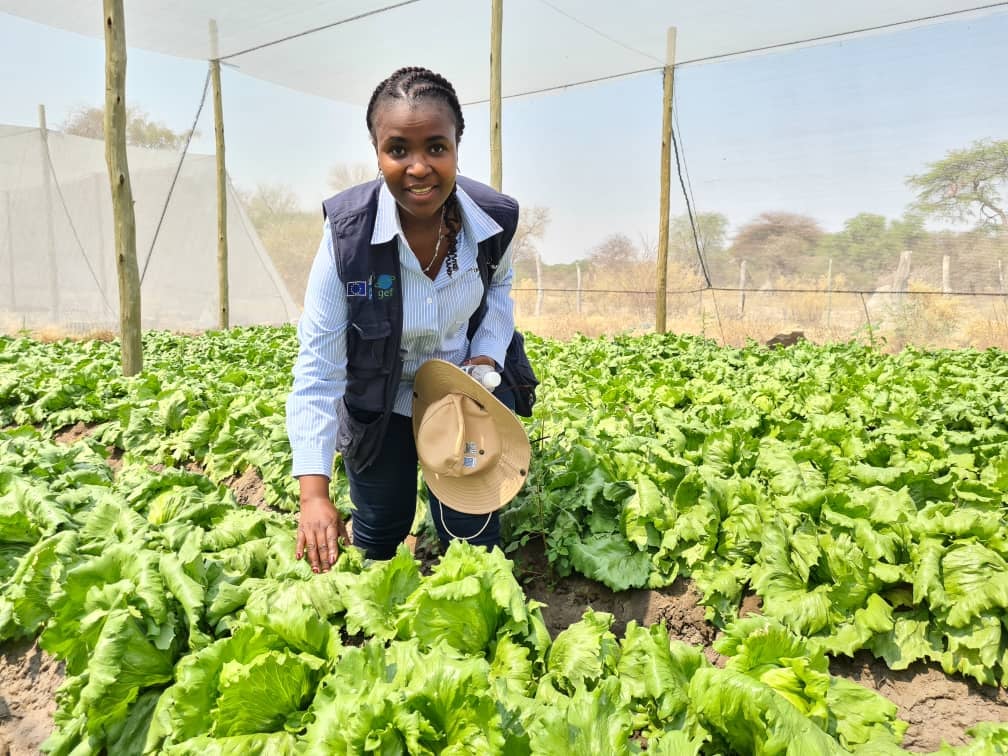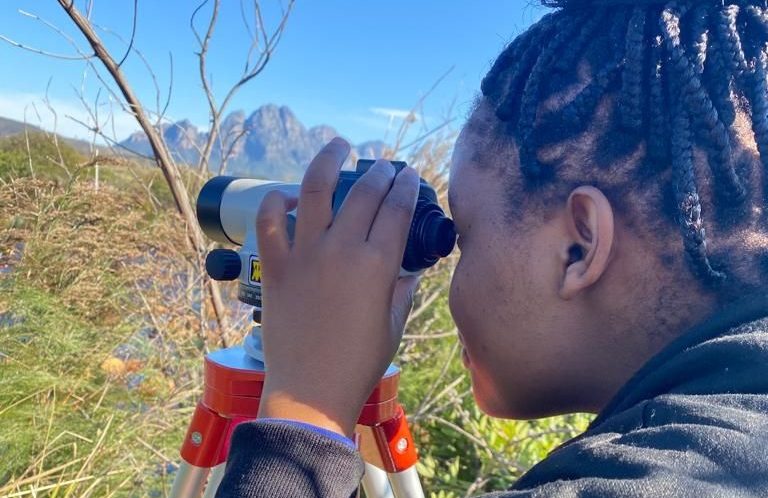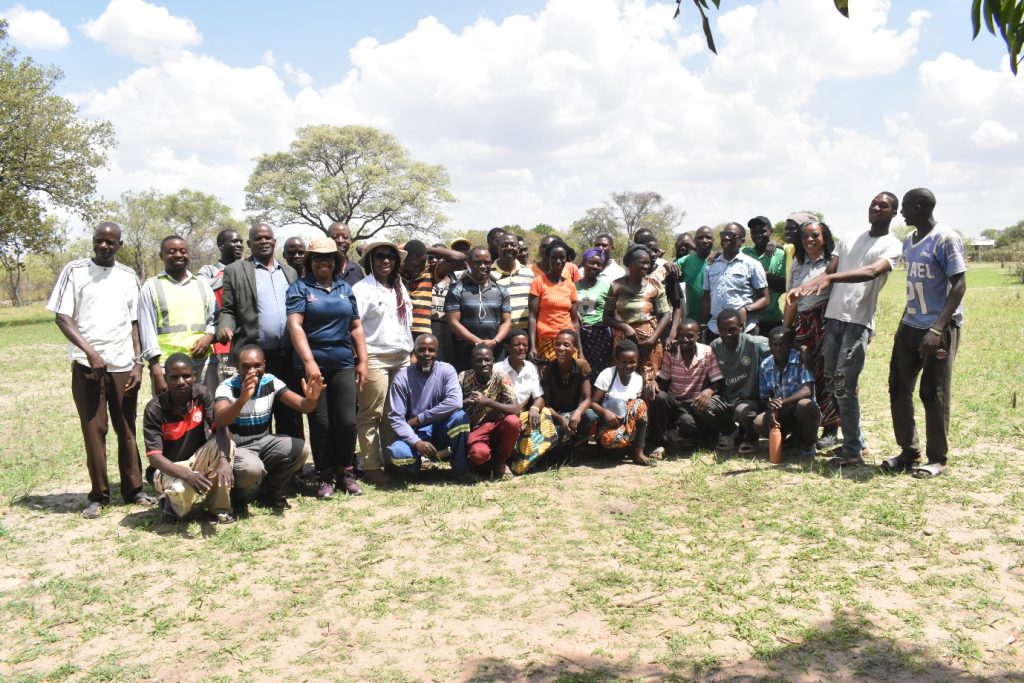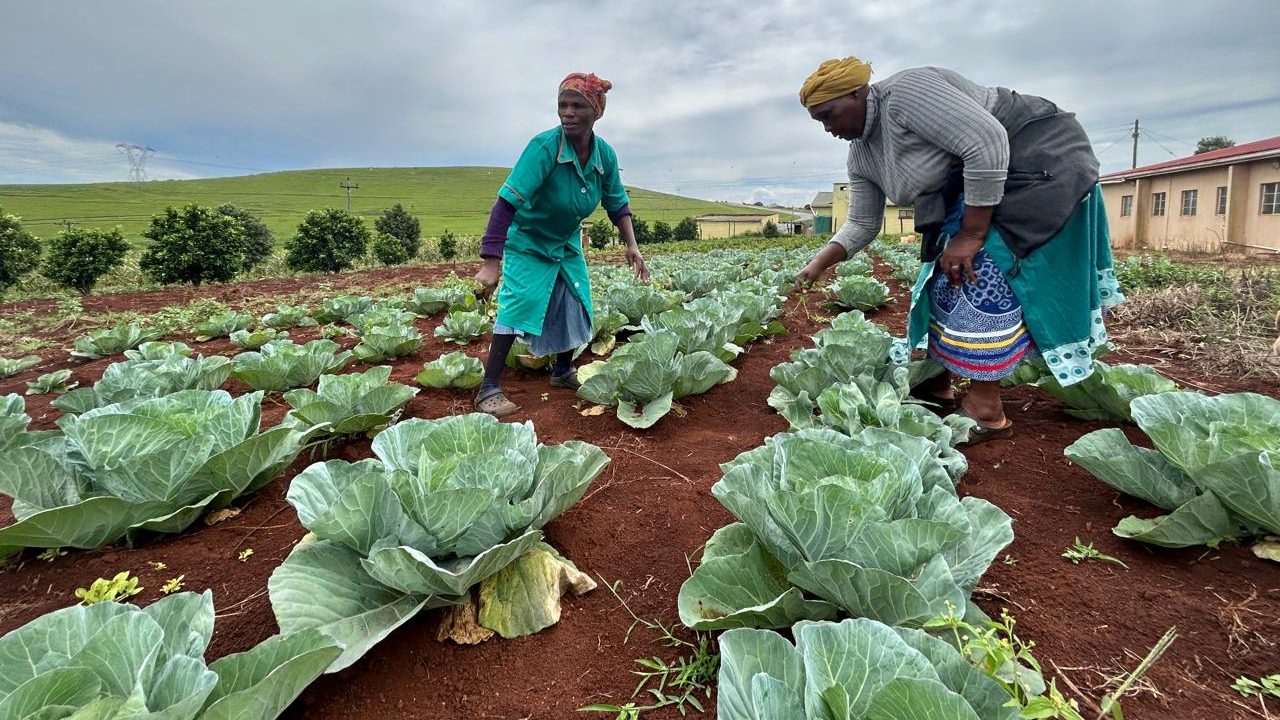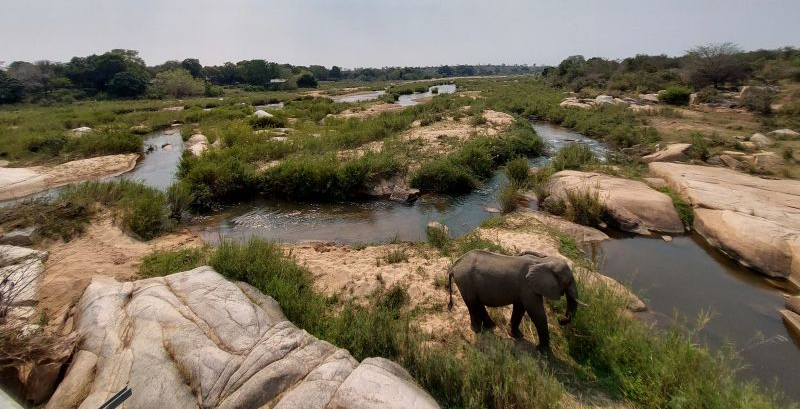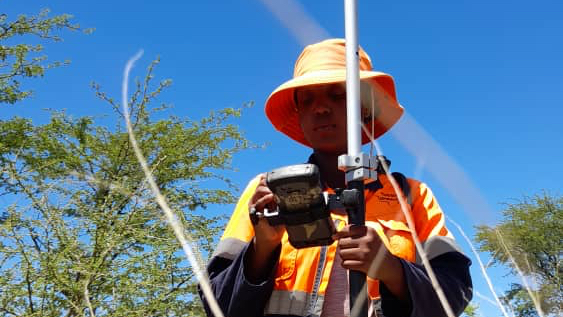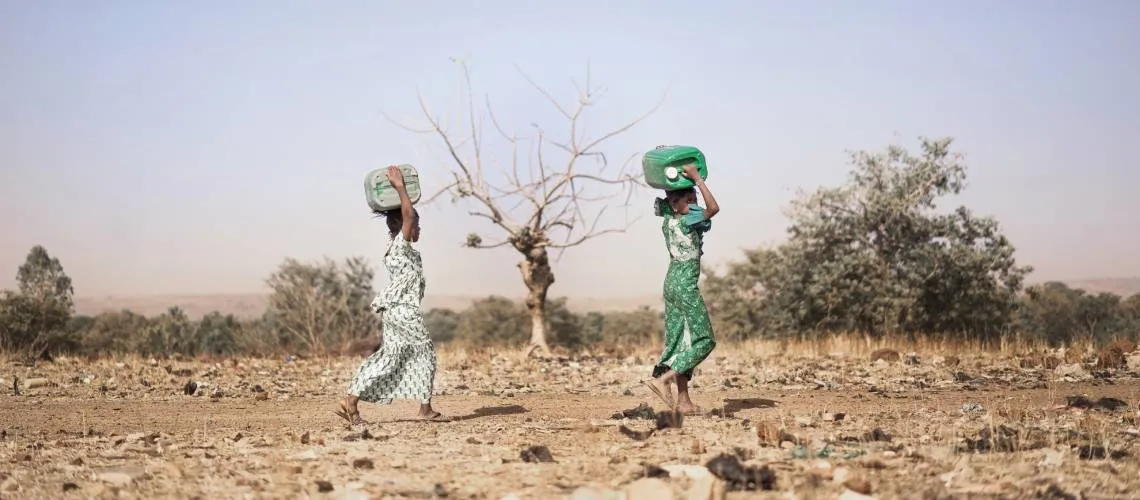Trois clés pour une coopération transfrontalière réussie dans le domaine de l'eau en Afrique
Posté le : 28 mai 2025 (Blog)
L'explosion démographique, la dégradation de l'environnement et la variabilité croissante du climat aggravent les problèmes liés à l'eau en Afrique subsaharienne. L'impact des phénomènes météorologiques extrêmes traversant fréquemment les frontières nationales, la coopération régionale est essentielle pour y faire face. En se concentrant sur trois éléments clés, le programme régional de résilience climatique crée des systèmes de gestion de l'eau capables de résister à la variabilité climatique tout en réduisant les tensions transfrontalières.
Protéger la rivière Cubango-Okavango pour soutenir les moyens de subsistance
Posté le : 23 avril 2025 (Blog)
Tracy Molefi est coordinatrice de programme à l'OKACOM. Elle et ses collègues sont déterminés à promouvoir le développement et la gestion durables du bassin du fleuve Cubango-Okavango tout en améliorant les moyens de subsistance des communautés.
Recherche sur les effets des espèces envahissantes dépendantes des eaux souterraines en Afrique du Sud
Posté le : 7 avril 2025 (Vue du terrain)
En Afrique du Sud, pays soumis au stress hydrique, certaines espèces représentent un risque pour les services écosystémiques dépendant des eaux souterraines et pour la conservation des eaux souterraines. Lisez l'histoire de Mmasechaba Lebogang Moropane, dont le travail consiste à détecter et à cartographier l'étendue des espèces envahissantes qui dépendent des eaux souterraines dans le bassin hydrographique de Heuningnes, dans la province du Cap-Occidental.
Le renforcement de la résistance à la sécheresse nourrit les moyens de subsistance et l'espoir en Afrique australe
Posté le : 12 mars 2025 (Blog)
Aujourd'hui, CIWA renforce la résistance à la sécheresse grâce à son initiative de gestion durable des eaux souterraines dans les États membres de la Communauté de développement de l'Afrique australe (SADC). Le projet, qui en est à sa deuxième phase, renforce les capacités en matière de gestion durable des eaux souterraines, de développement, de diffusion et de promotion des connaissances, de moyens de subsistance résilients et de gestion inclusive des eaux souterraines.
Gestion des ressources en eau souterraine : réduire les inégalités de genre en Namibie
Posté le : 20 novembre 2024 (Blog)
Dans le domaine de la gestion des ressources en eaux souterraines, une question pressante se pose souvent : dotons-nous réellement les femmes des outils et des opportunités nécessaires pour prospérer, ou essayons-nous simplement de combler le fossé entre les sexes sans nous attaquer aux causes profondes de l'inégalité et de la discrimination entre les hommes et les femmes ? Malgré des progrès considérables en matière d'égalité des sexes dans divers secteurs, y compris [...]
Mfundo Macanda : Développer une agriculture intelligente face au climat dans la région du Cap oriental
Posté le : 15 mai 2024 (Blog)
Pour développer une agriculture inclusive et durable, le gouvernement provincial du Cap oriental s'est tourné vers la Banque mondiale et SADRI, une assistance technique de CIWA qui a abordé les risques de sécheresse transfrontaliers, amélioré la coopération et créé une vision holistique de la gestion des risques de sécheresse dans toute l'Afrique australe.
Eddie Riddell : Améliorer les moyens de subsistance en Afrique australe
Posté le : 16 avril 2024 (Vue du terrain)
Le nœud Pafuri-Sengwe du GLTFCA couvre des régions de trois pays : le Mozambique, l'Afrique du Sud et le Zimbabwe. La région est riche en espèces d’oiseaux et en gros gibier comme les éléphants, et l’écotourisme est une source majeure de revenus.
Matlhogonolo Mmese : Une hydrogéologue en herbe au Botswana
Posté le : 5 février 2024 (Blog)
Grâce aux travaux sur les aquifères transfrontaliers, comme l'étude menée par Matlhogonolo Mmese, une meilleure compréhension des eaux souterraines régionales est possible. Lisez son histoire.
Renforcer la résilience d’une région face à la sécheresse est un marathon, pas un sprint : retour sur l’expérience de l’Afrique australe
Posté le : 13 septembre 2023 (Blog)
L’approche intersectorielle adoptée par SADRI pour ses travaux d’analyse de la sécheresse est un nouveau modèle d’intervention qui peut être employé aussi bien en Afrique australe que dans d’autres régions du monde.
Une biodiversité débordante : protéger la zone de conservation transfrontalière du Grand Limpopo
Posté le : 11 juin 2023 (Dernière)
Dans la TFCA (zone de conservation transfrontalière) du Grand Limpopo, qui chevauche le Mozambique, l'Afrique du Sud et le Zimbabwe, se trouve le nœud Pafuri-Sengwe, une géographie très sensible à la fois à la sécheresse et à la pauvreté.




